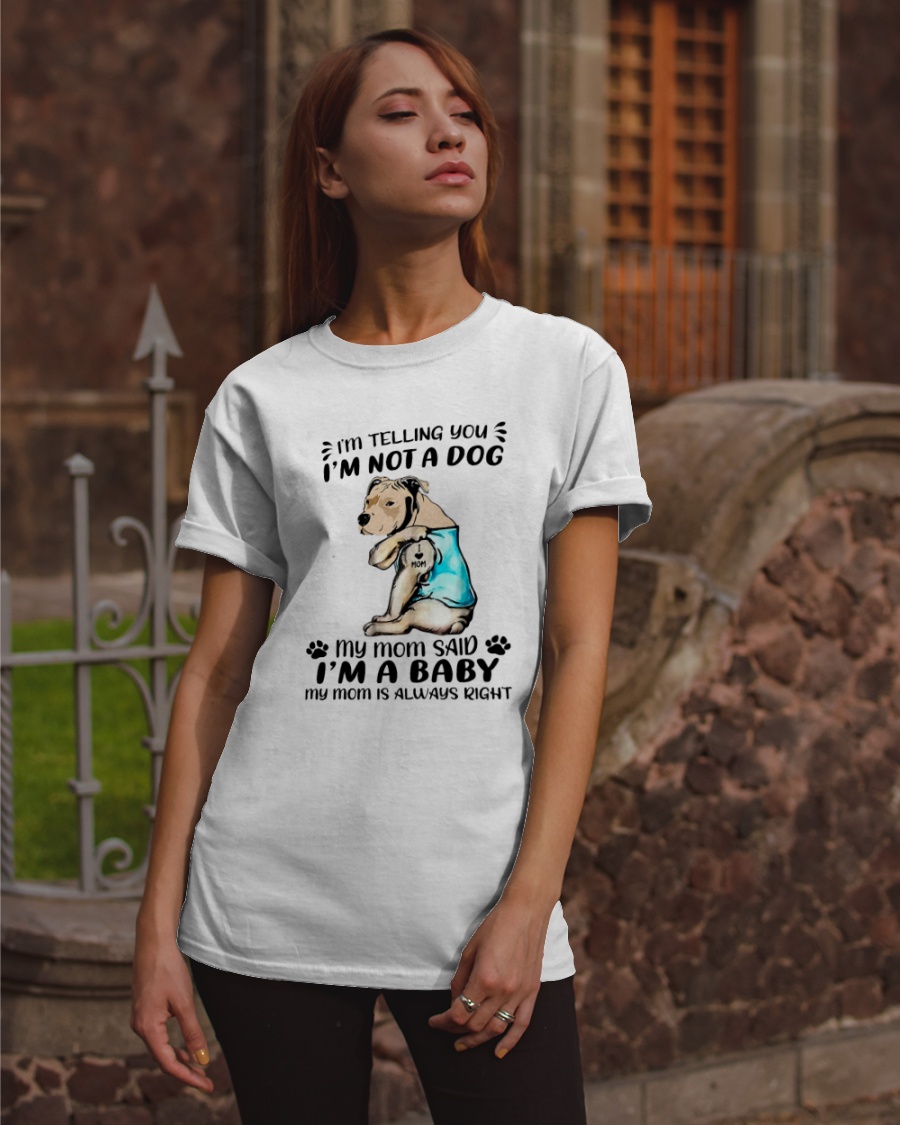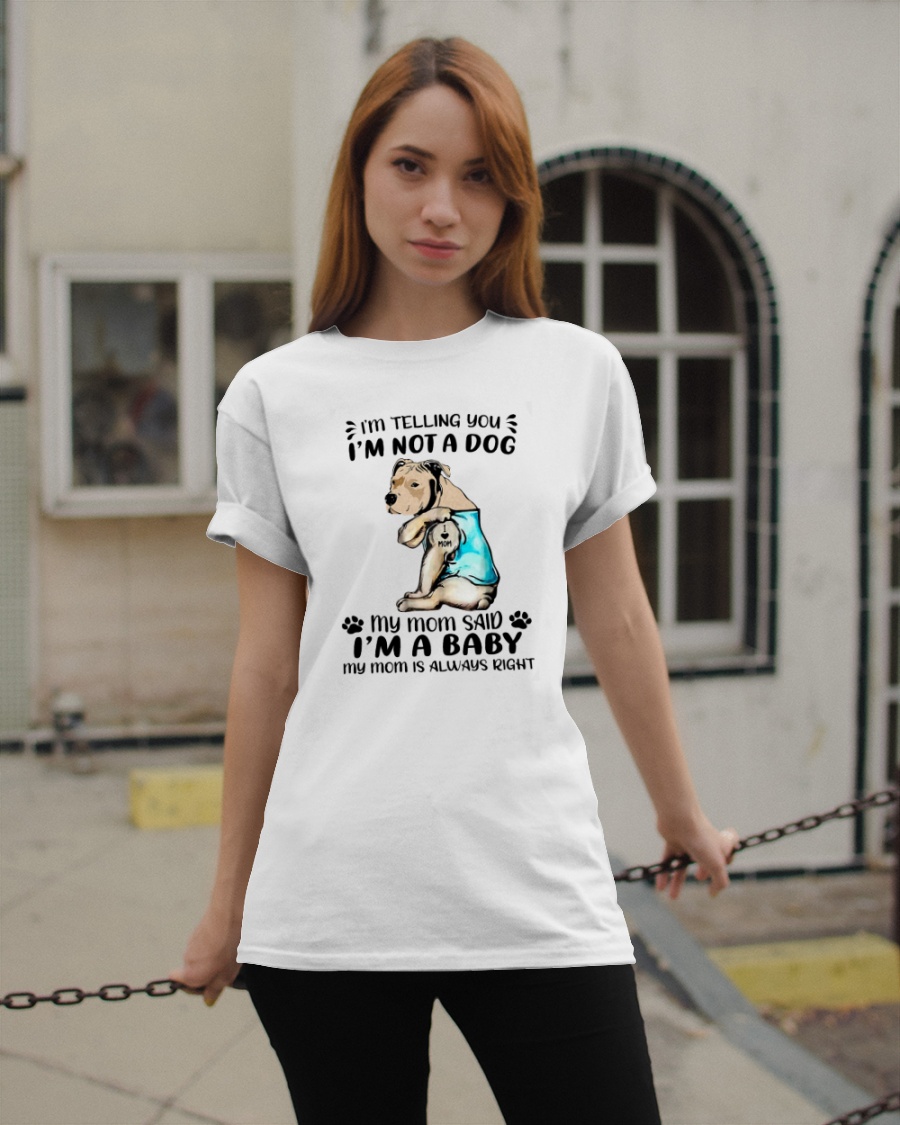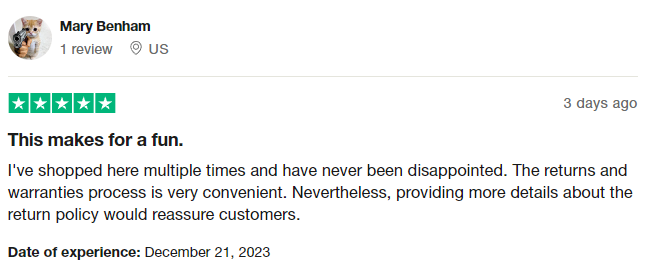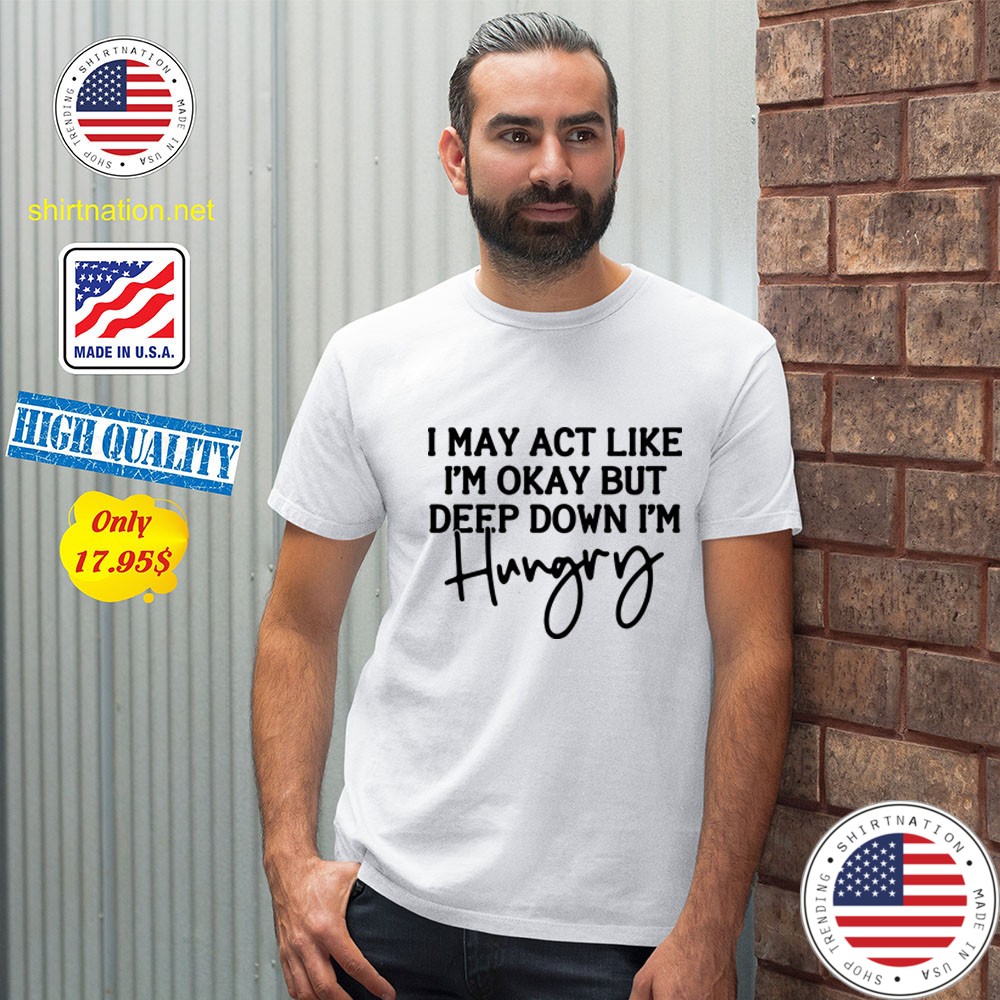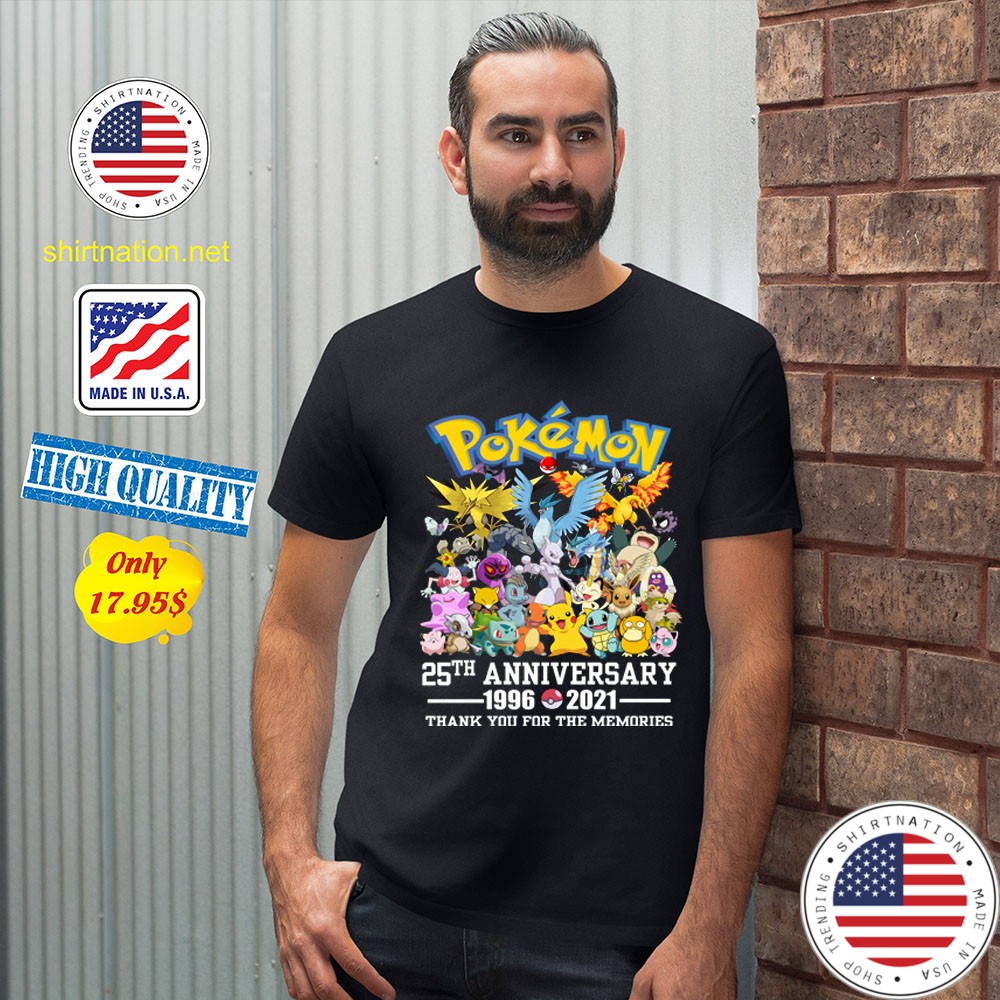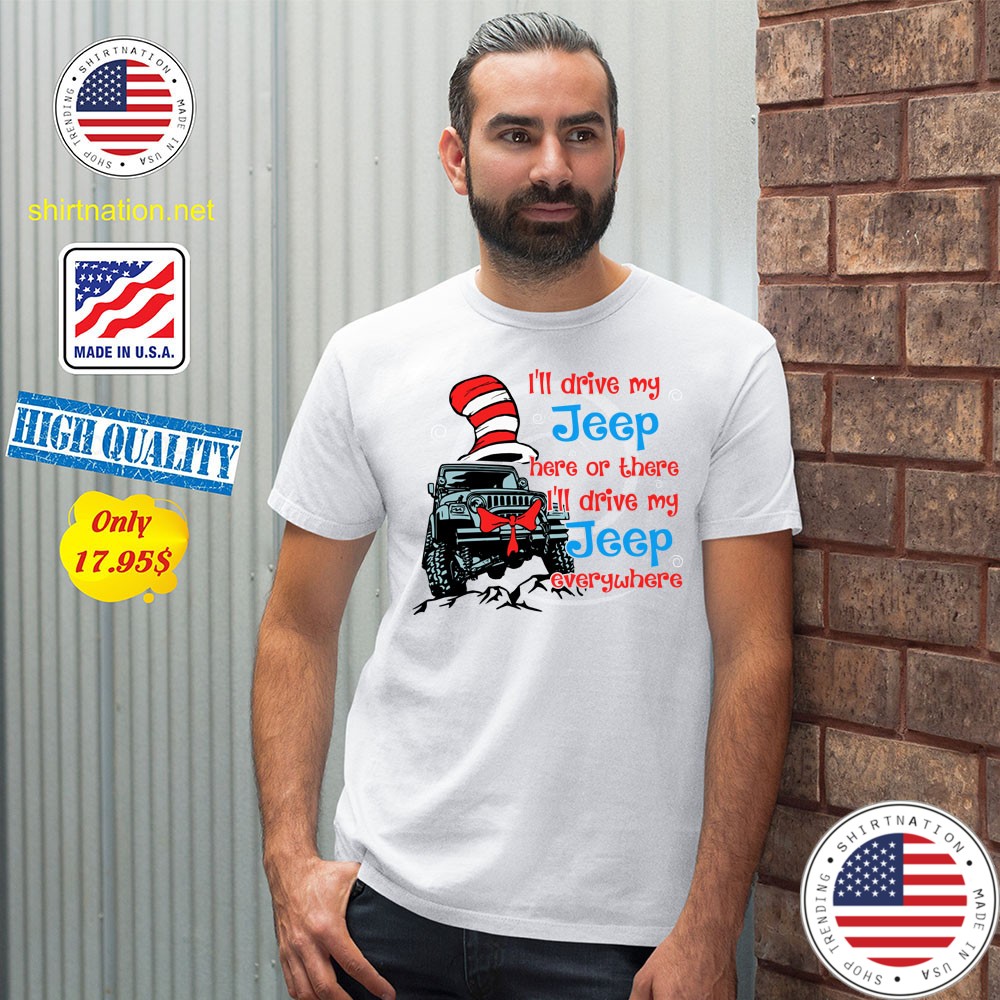Pitbull I’m Telling You I’m Not A Dog My Mom Said I’m A Baby Shirt
So what changed?In 1976, the Supreme Court passed the Animal Welfare Act of 1976. This groundbreaking act made dogfighting officially illegal in all 50 states. Today, dogfighting is a felony in all 50 states, the District of Columbia, Guam, Puerto Rico, and the U.S. Virgin Islands. In most states, the possession of dogs for the purpose of fighting is also a felony offense. As well as, being a spectator at a dogfight is illegal in all states except Montanan and Hawaii. Unfortunately, many times when an act is made criminal, it draws the attention of criminals.As dogfighting began to re-emerge in the 1980s, animal advocates put an increased focus on the cruel, barbaric and illegal blood sport. The inadvertent and unfortunate side effect of this new movement was that some people began to seek out Pit Bulls for illicit purposes. The criminal set began trying to squeeze these dogs into a mold they were never designed to fit. The breed who was once bred to treat every stranger like a long-lost friend was now being used as guard and protection dogs and were being fought in underground fighting rings. The demand for pit bulls led to many owners breeding their own dogs without concern for temperament or socialization and for the purpose of making a profit, rather than providing a responsible home. Soon Pit Bulls were associated with poverty, “urban thugs” and crime. They were viewed as money-making commodities instead of family members and companions.
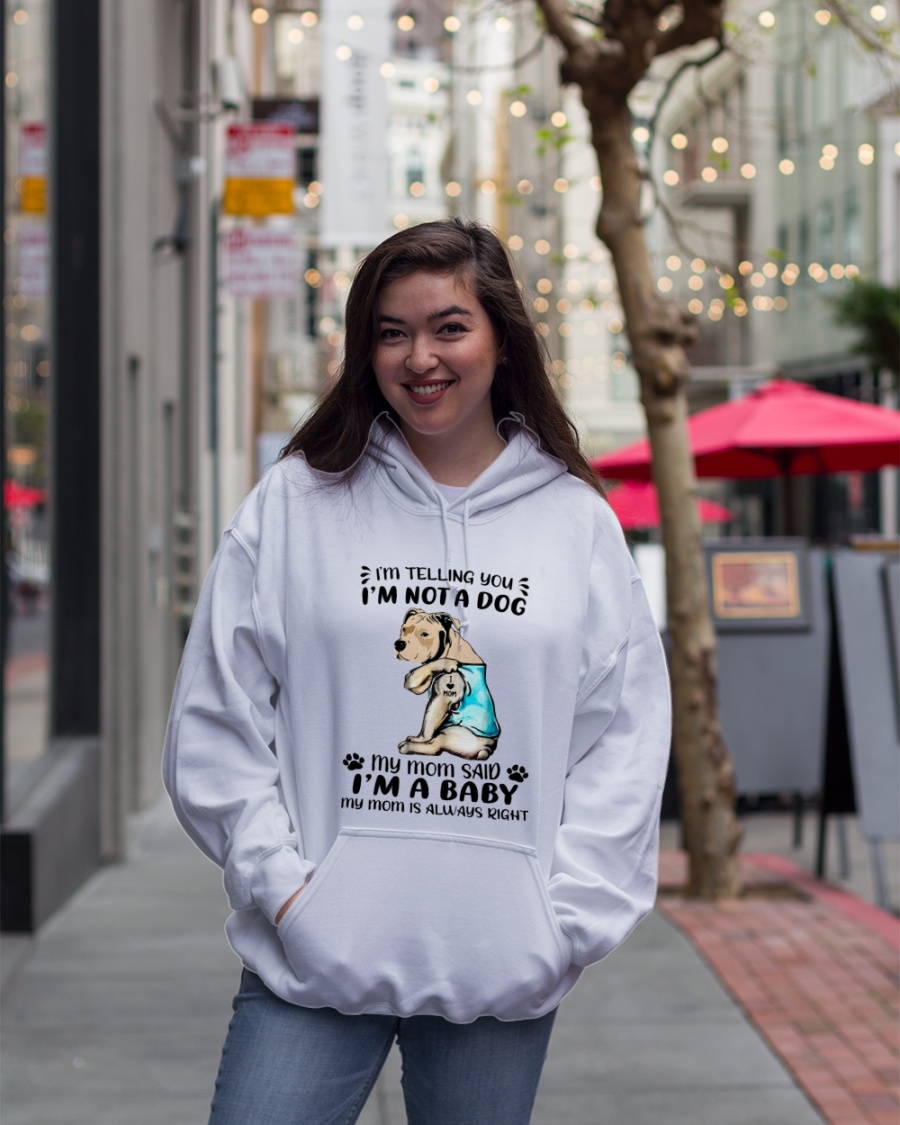
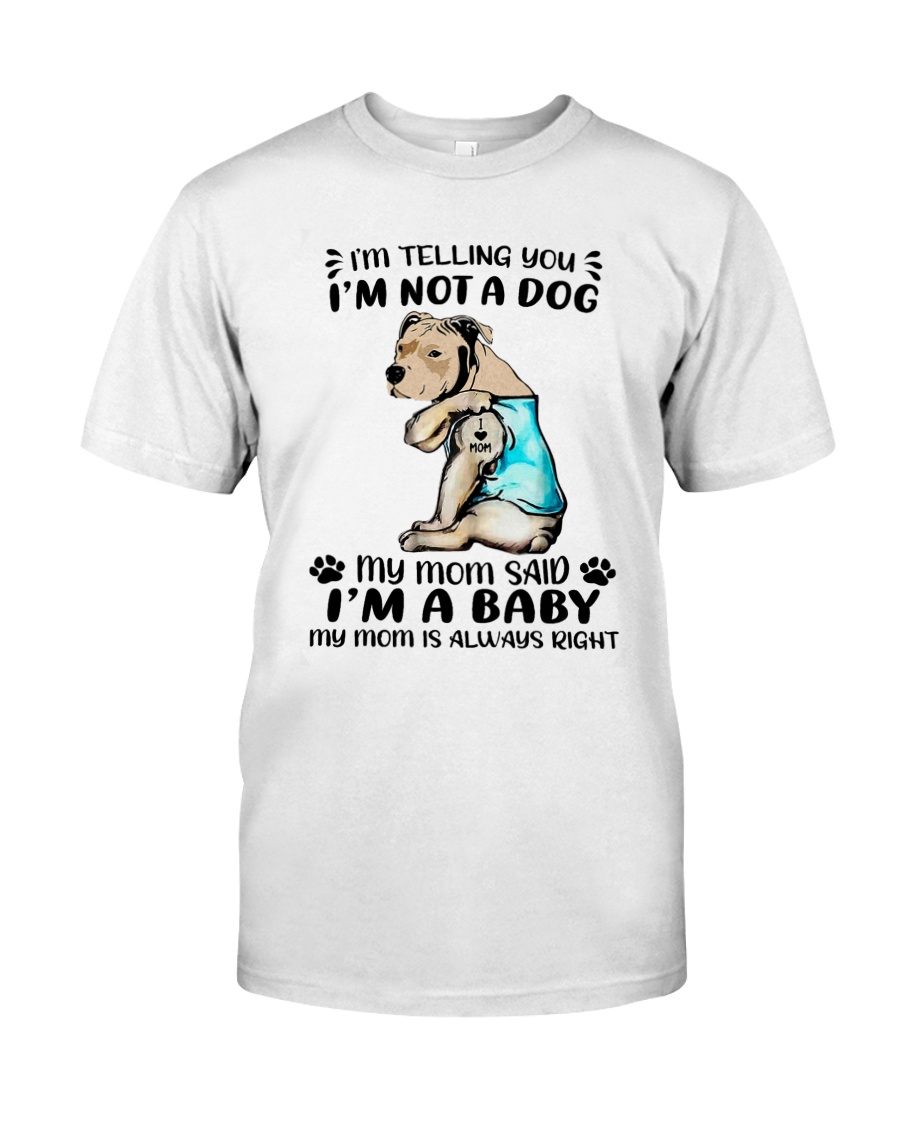
Pitbull I’m Telling You I’m Not A Dog My Mom Said I’m A Baby Shirt
While there is no defining moment in which to point to and say “here is where it all went wrong”, many trace the turning point to 1987 in which a Time Magazine cover story was titled “The Pit Bull Friend and Killer”. Thanks in large part to the media, the All American Dog began to be exploited at new lows and stereotypical images like what was seen on the infamous Sports Illustrated issue, “Beware this Dog”, seemed only to confirm for the public that these dogs were to be feared and should not live in homes. The Pit Bull, seen by criminals as items to be discarded and now being seen by the public as a danger, began to fill shelters at an alarming rate. The media portrayal and demonization of the Pit Bull paved a perfect path for the onset of breed-specific legislation. (The first recorded city to pass BSL was Hollywood, FL in 1980). BSL began to crop up in select places as the dogs began to be used as a political platform by opportunistic politicians. Learn more about BSL here.
